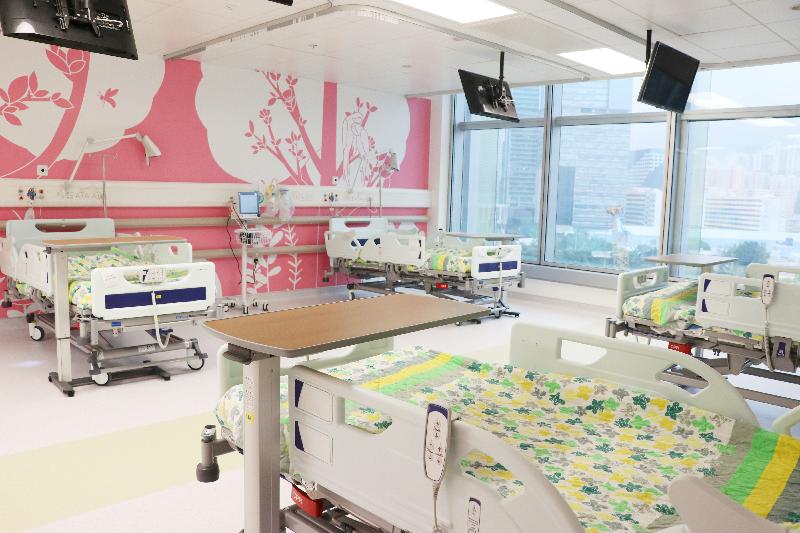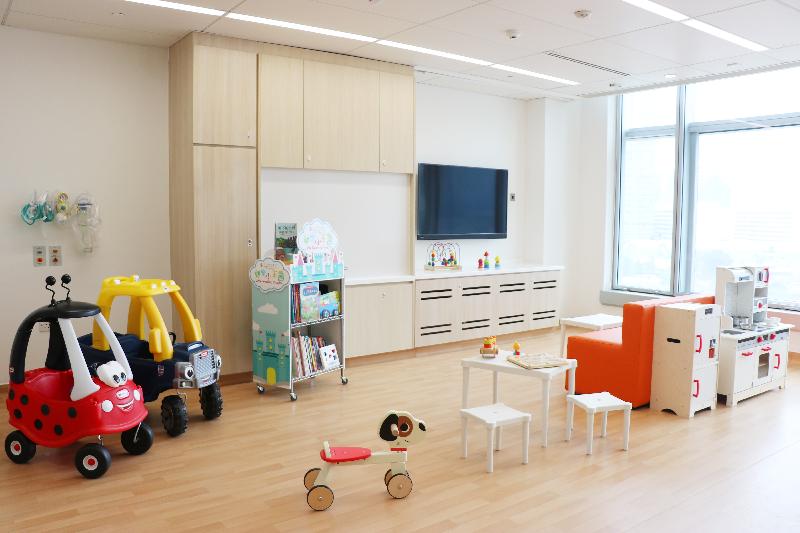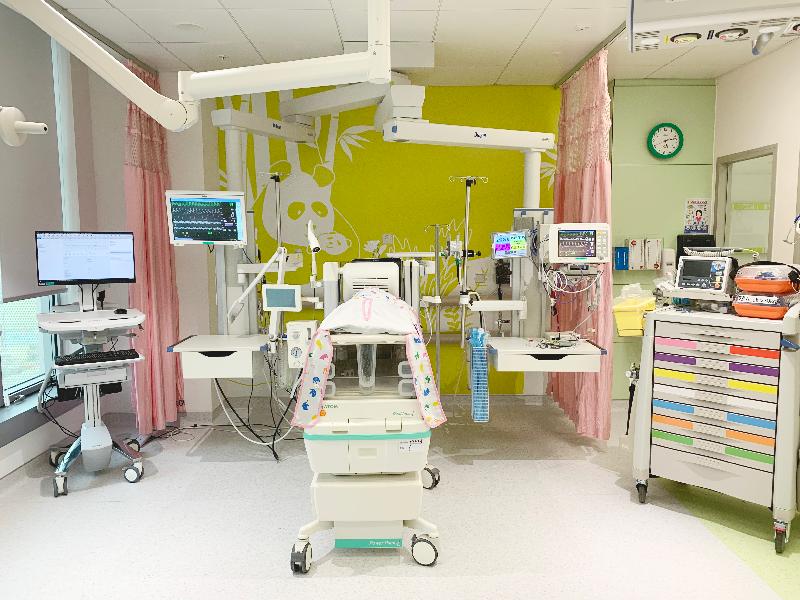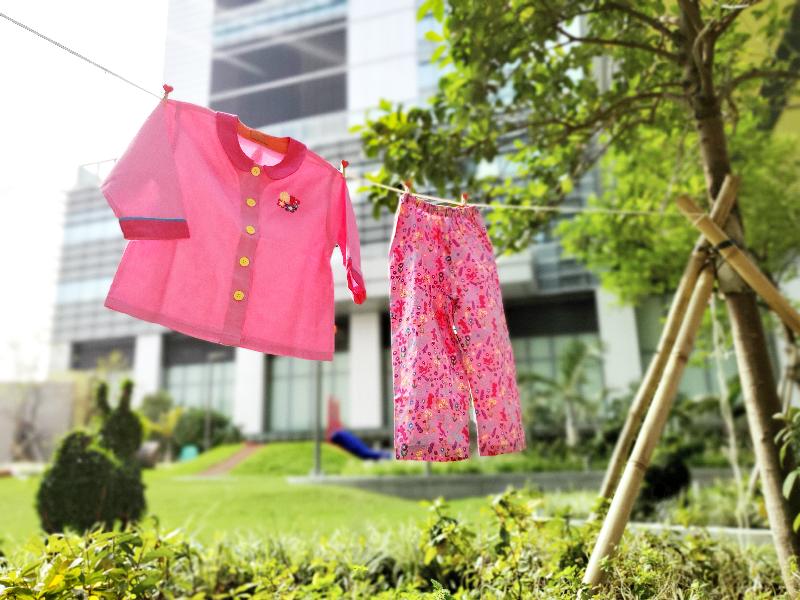LC Urgent Q2: Immediately providing measles vaccination for persons with weaker immunity
Following is an urgent question by the Dr Hon Helena Wong under Rule 24(4) of the Rules of Procedure and a reply by the Secretary for Food and Health, Professor Sophia Chan, in the Legislative Council today (March 27):
Question:
It has been reported that there is a recent outbreak of measles epidemic: this year up to the present, more than 20 confirmed cases of measles infection have been recorded, while the figure for the whole of last year was only 15. Persons such as young children below Primary One, those members of the public born between 1967 and 1985 in Hong Kong as well as new arrivals may have weaker immunity to measles as most of them have never received any measles vaccination or have received just one dose of such vaccination. As such, will the Government inform this Council whether it will immediately provide measles vaccination for such persons so as to reduce their chances of being infected with measles, thereby preventing the spread of the epidemic; if so, whether the existing measles vaccine stock is sufficient for providing such vaccination; if it is insufficient, of the solution for that?
Reply:
President,
I have briefly explained the background information concerning measles and the preventive and control measures in my previous reply to the Dr Hon Elizabeth Quat.
First, I have to reiterate that the overall coverage rate of measles vaccination has been maintained at very high level in Hong Kong. There has been no outbreak in the community in recent years. The majority of people who were born on or after 1985 and studied in primary schools in Hong Kong have received two doses of measles-containing vaccines under the Hong Kong Childhood Immunisation Programme (HKCIP); therefore, the immunity to measles in the local population is very high.
Taken into consideration the target groups of the measles vaccination programme over the years, the current immunity of the local population, the supply of vaccines and the situation of measles infection at the airport, etc., we consider at this stage that there are three priority groups for measles vaccination, which are:
(a) children under the routine HKCIP; and
(b) staff of the airport who were either non-local born or born in Hong Kong from 1967 to 1984, and have not received two doses of measles vaccination; and have not been infected with measles before; and
(c) healthcare staff of the Hospital Authority.
The currently available measles-containing vaccine in Hong Kong include combined Measles, Mumps and Rubella (MMR) vaccines and combined Measles, Mumps, Rubella and Varicella (MMRV) vaccines. Under the HKCIP, children in Hong Kong are given the first dose of MMR vaccine when they are one year old at Maternal and Child Health Centres (MCHCs) of the Department of Health (DH), followed by a second dose of MMR vaccine (Note 1) at Primary One by the School Immunisation Teams of the DH through outreach visits to schools. The DH has all along encouraged local children to receive measles vaccination under the HKCIP to ensure personal and community health.
The Scientific Committee on Vaccine Preventable Diseases (SCVPD) of the Centre for Health Protection (CHP) closely monitors the latest recommendations on the uses of vaccines made by the World Health Organization (WHO), and provides latest advice to the CHP for consideration. The WHO had published the position paper on measles vaccines in April 2017 with the following two recommendations:
(a) in countries with low risk of measles transmission, the first dose of measles-containing vaccine (MCV1) may be administered at the age of 12 months, and the second dose of measles-containing vaccine (MCV2) be given at the age of 15 to 18 months or at the time of school entry; and
(b) if the coverage of MCV1 is high (>90 per cent) and school enrolment is high (>95 per cent), MCV2 can be given at school entry to prevent outbreaks in schools.
In view of the latest recommendations by the WHO, the SCVPD further reviewed in 2018 the local and global epidemiology of measles, overseas experience and relevant scientific evidence, and made new recommendations on measles-containing vaccination for children.
The SCVPD noted that the practices on administration of MCV2 in overseas countries are diverse (Note 2) and there is no standard timing on MCV2, and Hong Kong is an area with low risk of endemic transmission, with a high coverage of MCV1. As measles outbreaks have been reported in various regions of the world (including some countries in Europe and Southeast Asia) in recent years, the SCVPD considered that those aged between one year and Primary One who received only one dose of MMR vaccine would have a higher risk of measles infection if they travel to places with high incidence or outbreak of measles.
After reviewing the latest epidemiological situation, the SCVPD recommended the second dose of MMRV vaccine to be advanced from Primary One to 18 months. The DH’s MCHCs have already started planning, including arrangement of the tender process for vaccine procurement and other relevant logistics and manpower issues. It is estimated that the MCHCs will provide the second dose of MMRV vaccine to children aged 18 months from the first half of 2020.
In view of the measles outbreaks in many parts of the world in recent months, and the increasing trend in cases of measles among adults, the SCVPD will hold a meeting in early April to discuss the recommendations on measles-containing vaccination for non-immune adults. The CHP will take note of the recommendations of the SCVPD. Details will be announced in due course.
Regarding the vaccine supply, the DH has all along maintained close liaison with the two vaccines suppliers of measles-containing vaccines, and has signed contracts with them to ensure sufficient supply of the vaccines for the vaccination services. Regarding the private healthcare market, since measles vaccines are included in routine vaccination programme and the annual vaccination rate is relatively stable, the private market normally does not have a large quantity of measles-containing vaccines in stock. In view of the latest cases of measles infection at the Hong Kong International Airport, we consider that it is of utmost importance to ensure sufficient vaccines for children under the routine HKCIP, people working at the airport, and healthcare staff at the HA who have higher priority for measles vaccination. Meanwhile, the Government noted that there is an upsurge in demand for the two aforesaid vaccines in the private healthcare market. The DH noted that a new batch of measles-containing vaccines from one of the vaccine suppliers will arrive Hong Kong in early April. The Government has already requested the vaccine suppliers to import additional batches of measles-containing vaccines to meet local demands, and is pending for the suppliers’ response. The DH continues to maintain close liaison with the vaccine suppliers.
Note 1: Varicella vaccine has been incorporated into the HKCIP and is applicable to children born on or after January 1, 2013. Children will receive MMRV vaccine as a second dose of measles-containing vaccine when they reach Primary One.
Note 2: The United Kingdom, the United States, New Zealand, Japan and Korea, etc. recommend the MCV2 to be given at an elder age (range from three to seven years old), while Australia and Singapore, etc. recommend the MCV2 to be given at a younger age (15 to 18 months). read more







